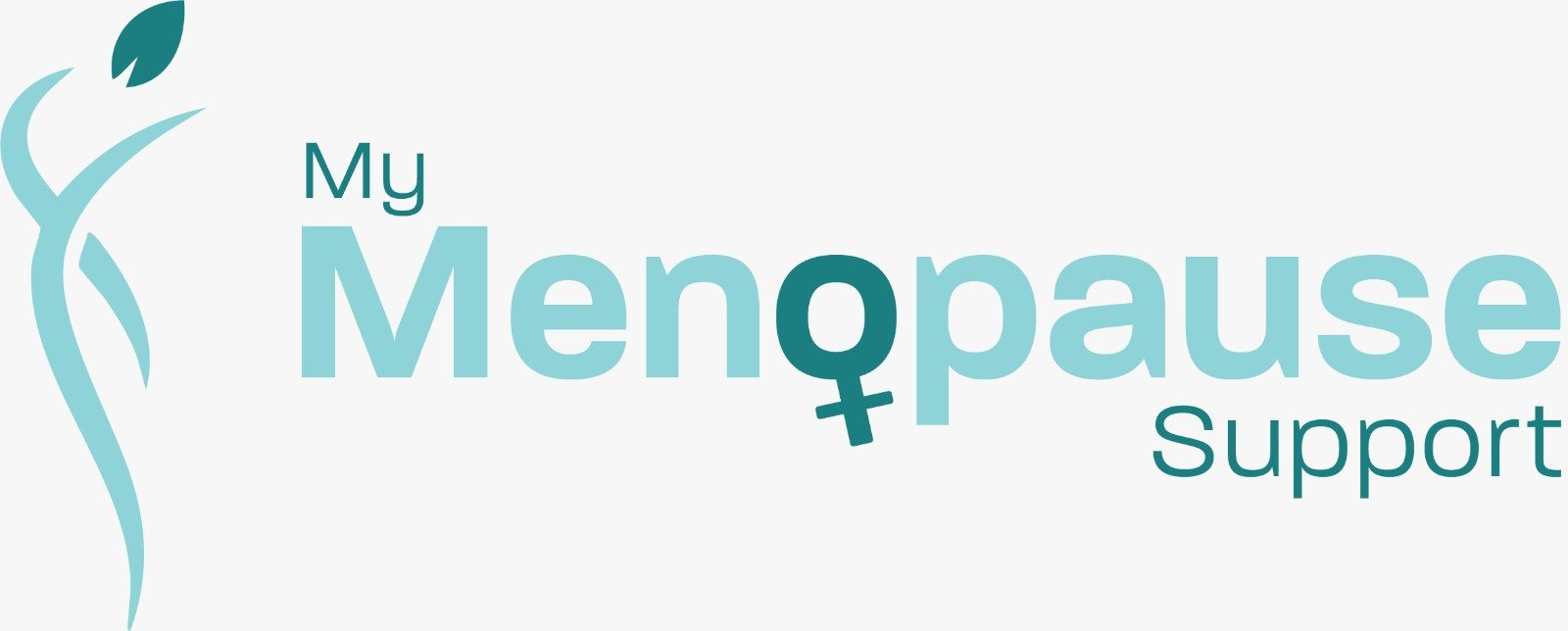Menopause Health & Wellness
Expert Treatment for Hot Flushes & Night Sweats with Dr. Sonia Dudeja
Understanding Hot Flushes & Night Sweats: The Signature Symptom of Menopause
That sudden, creeping wave of intense heat that starts in your chest and rushes to your face, leaving you flushed and drenched in sweat—this is the classic hot flush. When it strikes at night, waking you from a deep sleep, it’s called a night sweat. Affecting up to 80% of women during the menopausal transition, these episodes, known medically as vasomotor symptoms, are more than just a nominal inconvenience; they can profoundly disrupt your daily life, your sleep, and your sense of wellbeing.
Many women are told to simply “dress in layers” and endure it. At MyMenopauseSupport.org, Dr. Sonia Dudeja knows that you deserve better. You deserve a clear explanation for why this is happening and access to effective, evidence-based solutions that provide real relief. We are here to help you regain control and comfort.

The Science Behind the Heat
Why Hot Flushes Happen
Hot flushes are not just a feeling; they are a physiological response to the hormonal changes of perimenopause and menopause. The core issue lies in your brain’s temperature control center, the hypothalamus, which becomes more sensitive as your estrogen levels fluctuate and decline.
Think of it as your body’s internal thermostat becoming faulty. It can misinterpret a minor change in temperature as a sign that you are overheating. In response, it triggers a robust chain of events to cool you down—fast. Blood vessels near your skin’s surface dilate (causing the flush), your heart rate may increase, and your sweat glands go into overdrive. This is often followed by a sudden chill as your body overcorrects. This is not in your head; it is a complicated neurological and hormonal event.
Your Path Forward
A Comprehensive Approach to Relief
Every woman’s experience with hot flushes is unique, which is why Dr. Sonia Dudeja creates a personalized and multi-faceted treatment plan. There is no single magic bullet, but by combining the best of medical science with robust lifestyle systems, we can significantly reduce the frequency and severity of your symptoms.
Evidence-Based Medical Treatments
- Hormone Replacement Therapy (HRT): HRT remains the most effective, gold-standard treatment for moderate to severe hot flashes and night sweats. By replenishing the estrogen your body is missing, it helps to stabilize the brain’s temperature control center, instantly addressing the root cause of the symptoms. Dr. Dudeja will conduct a thorough assessment of your health profile to determine if HRT is a safe and appropriate option for you.
- Advanced Non-Hormonal Options: For women who cannot or prefer not to use hormone therapy, there are excellent, FDA-approved alternatives. These include certain low-dose antidepressants (SSRIs/SNRIs), the anti-seizure medication gabapentin, and a newer, targeted non-hormonal drug called Fezolinetant, which works by blocking a specific pathway in the brain that regulates body temperature.
Integrated Wellness & Lifestyle Support
- Practical Lifestyle Adjustments: Simple changes can make a big difference. Identifying and avoiding your personal triggers—such as spicy foods, caffeine, alcohol, and stress—is a powerful first step. Dressing in breathable layers, keeping your bedroom cool, and sipping ice water when you feel a flash coming on can provide immediate relief. Maintaining a healthy weight is also crucial, as research shows that excess body weight can worsen hot flashes.
- Mind-Body Therapies: The anxiety that often accompanies a hot flash can make the experience worse. Methods like Cognitive Behavioural Therapy (CBT) and mindfulness don’t necessarily stop the hot flash, but they are proven to reduce how much it bothers you. By learning to change your response to the sensation, you can significantly lessen the distress and anxiety it causes.
- Therapeutic Yoga & Breathwork: A regular yoga practice that includes restorative poses and specific cooling breathwork (pranayama) can help calm the nervous system. This helps to regulate your body’s stress response, which may, in turn, reduce the frequency and intensity of your hot flashes.


Frequently Asked Questions
It was very comfortable talking to Dr Dudeja about the symptoms I have been experiencing. She made me feel at ease so I could explain everything in detail.
I was made to feel at ease and comfy very quickly which helped me relax and explain my struggles and symptoms .

